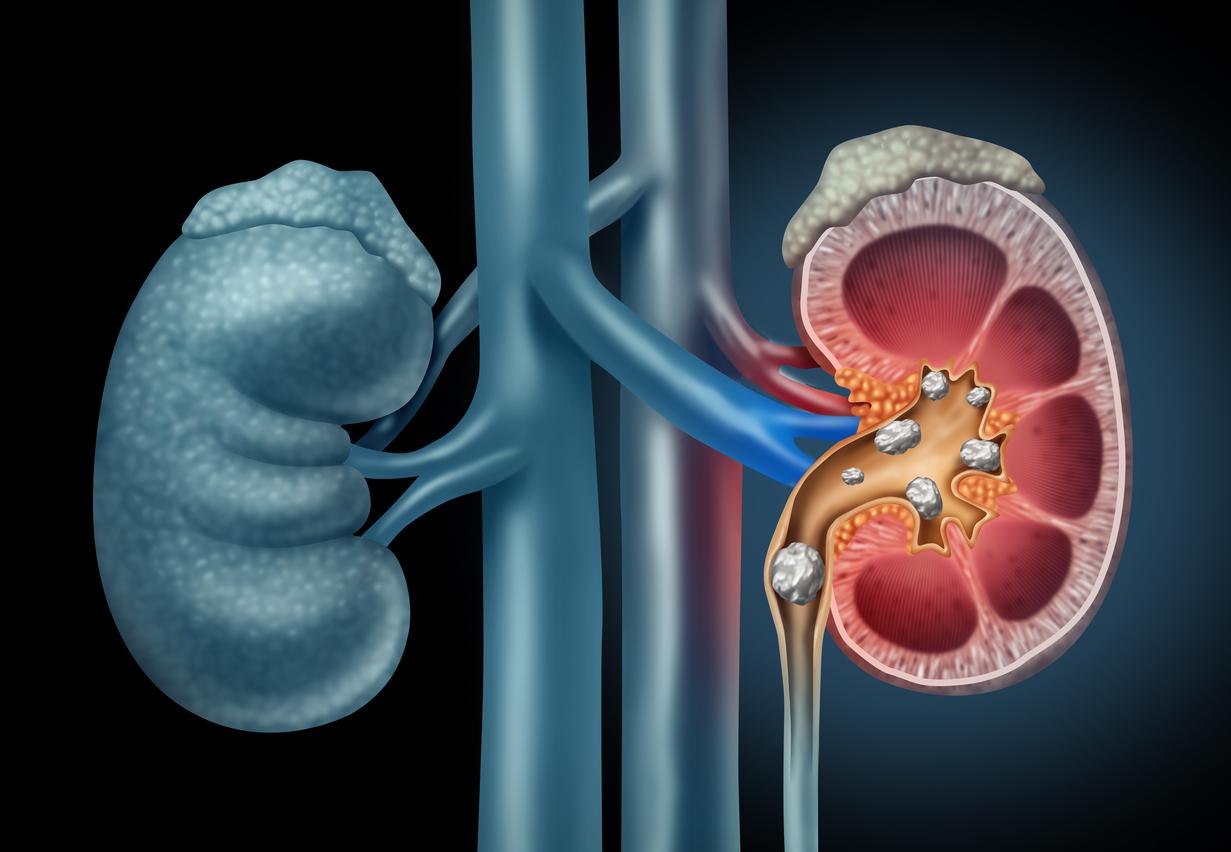
The potassium level in my blood is on the low side: 3.3. I take blood pressure lowering drugs and suffer from a lot of urination and muscle weakness. Is it wise for me (75 years old) to take a potassium supplement?
Joris Bartstra, journalist with a medical degree.
No, rather pay attention to your diet and that you drink enough. Almost all our food contains potassium. With a normal diet and a potassium level that is too low, the excretion of potassium is almost always too high. Water tablets, some medications, not to mention licorice, among other things, can cause the kidneys to excrete more potassium than intended. Potassium, together with sodium, forms the main pair of electrolytes that generate electrical signals in the body. If the ratio between the electrolytes is too far out of balance, this can cause complaints. These vary from muscle weakness or cramps to gastrointestinal complaints and problems with blood sugar levels. The most feared are cardiac arrhythmias. You can also get it with too much potassium. Therefore, supplements should not contain more potassium than you find in regular foods. Potassium is abundant in dried fruit (figs: 700 mg/100 grams, apricots: 1500 mg/100 grams). Bananas, avocados and all kinds of leafy vegetables also contain a lot of potassium. By drinking enough water (1½ liters per day) the kidneys can optimally regulate the potassium level. If you use blood pressure medicines, the doctor will have to monitor you. A potassium level lower than 2.5 doctors find really risky.
Would you also like to ask doctor Joris Bartstra a question?
Then click here. Don’t forget to include your name, age and gender. If your question is also interesting for others, Joris will answer it and publish it in Plus Magazine.














